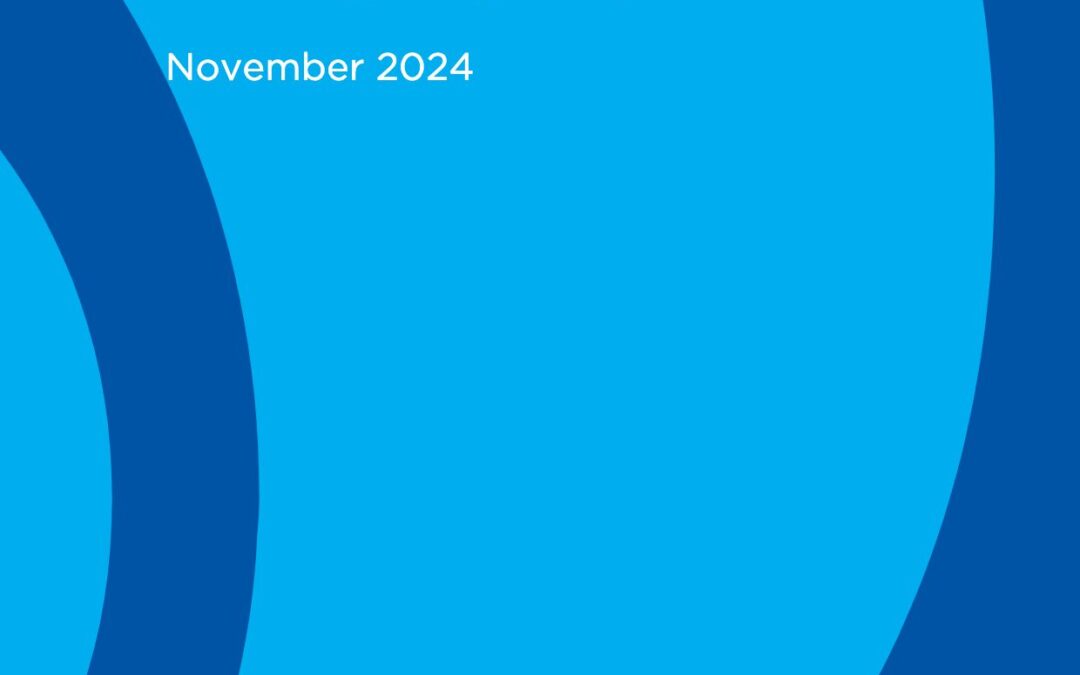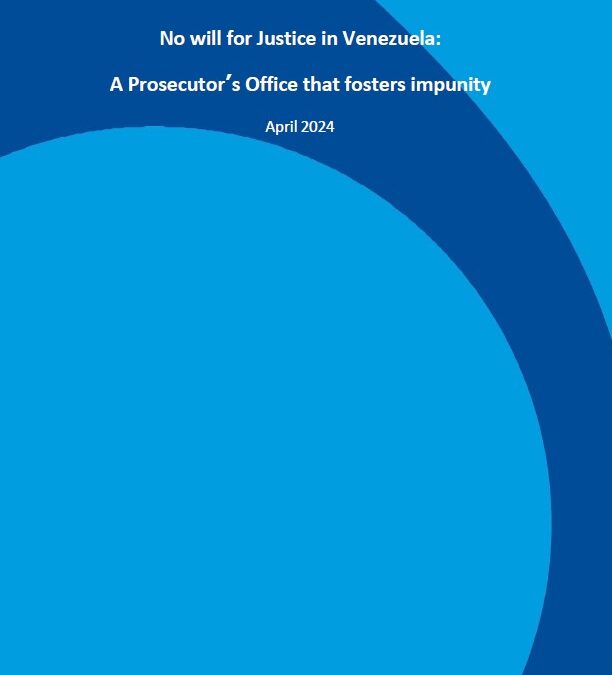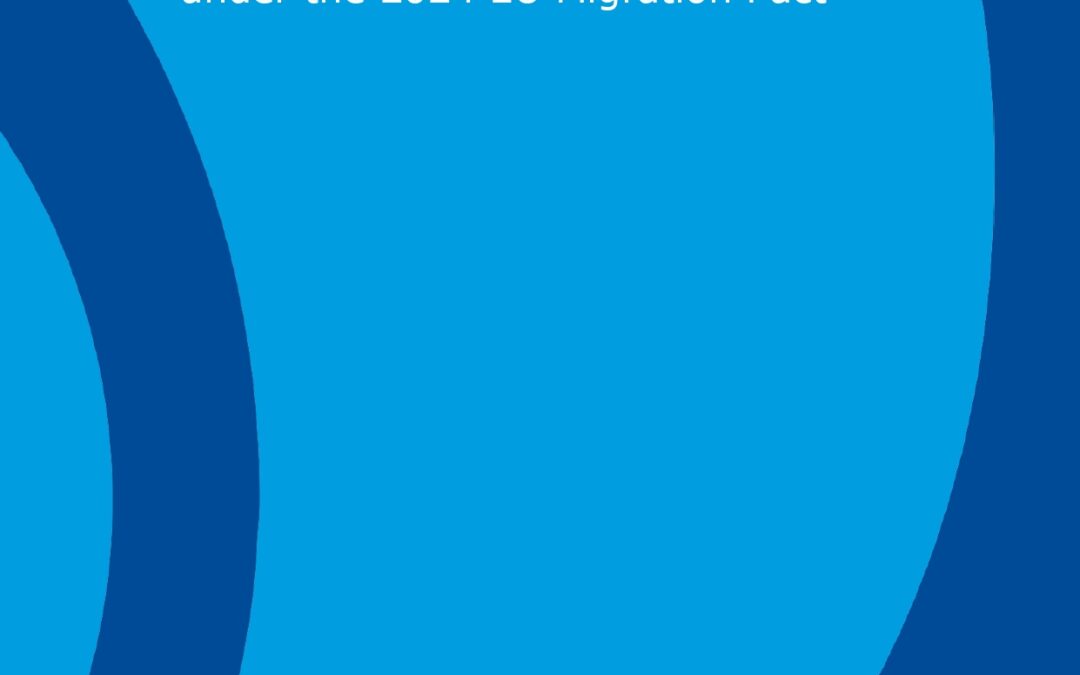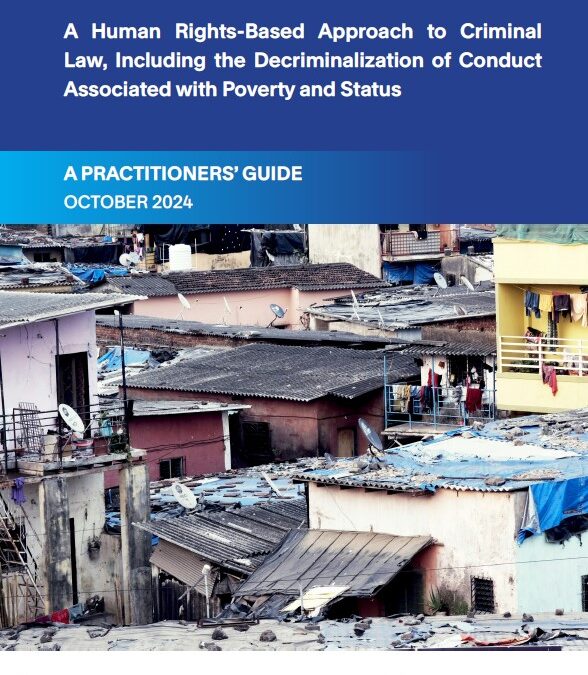


No will for Justice in Venezuela. A Prosecutors Office that fosters impunity
No will for Justice in Venezuela. A Prosecutors Office that fosters impunity.
EU: ICJ calls for a ban on child immigration detention by EU Member States under the EU Pact
The ICJ’s new briefing paper, Never in the best interests of the child: Risks of child detention in the screening and border procedures under the 2024 EU Migration Pact, critically examines the detention of child migrants under the EU Pact on Migration and Asylum and analyses relevant international human rights law and standards.

EU: ICJ calls for a ban on child immigration detention by EU Member States under the EU Pact
The ICJ’s new briefing paper, Never in the best interests of the child: Risks of child detention in the screening and border procedures under the 2024 EU Migration Pact, critically examines the detention of child migrants under the EU Pact on Migration and Asylum and analyses relevant international human rights law and standards.





